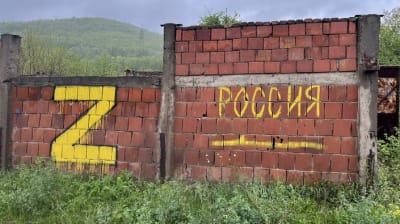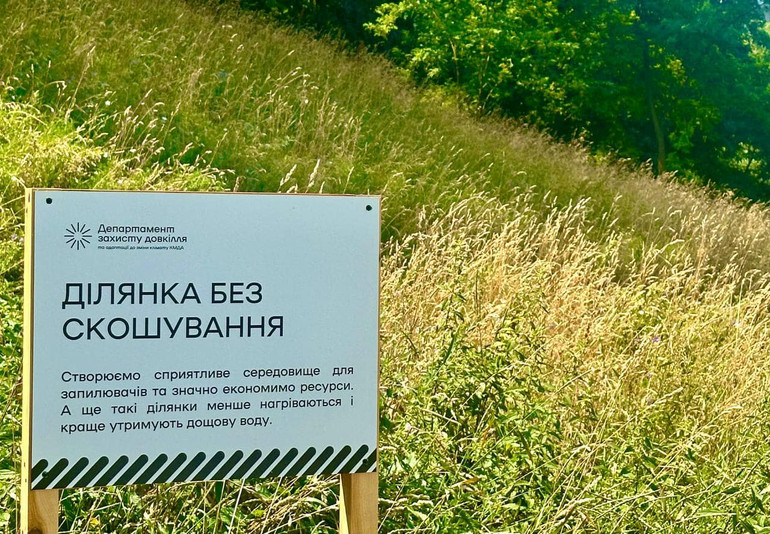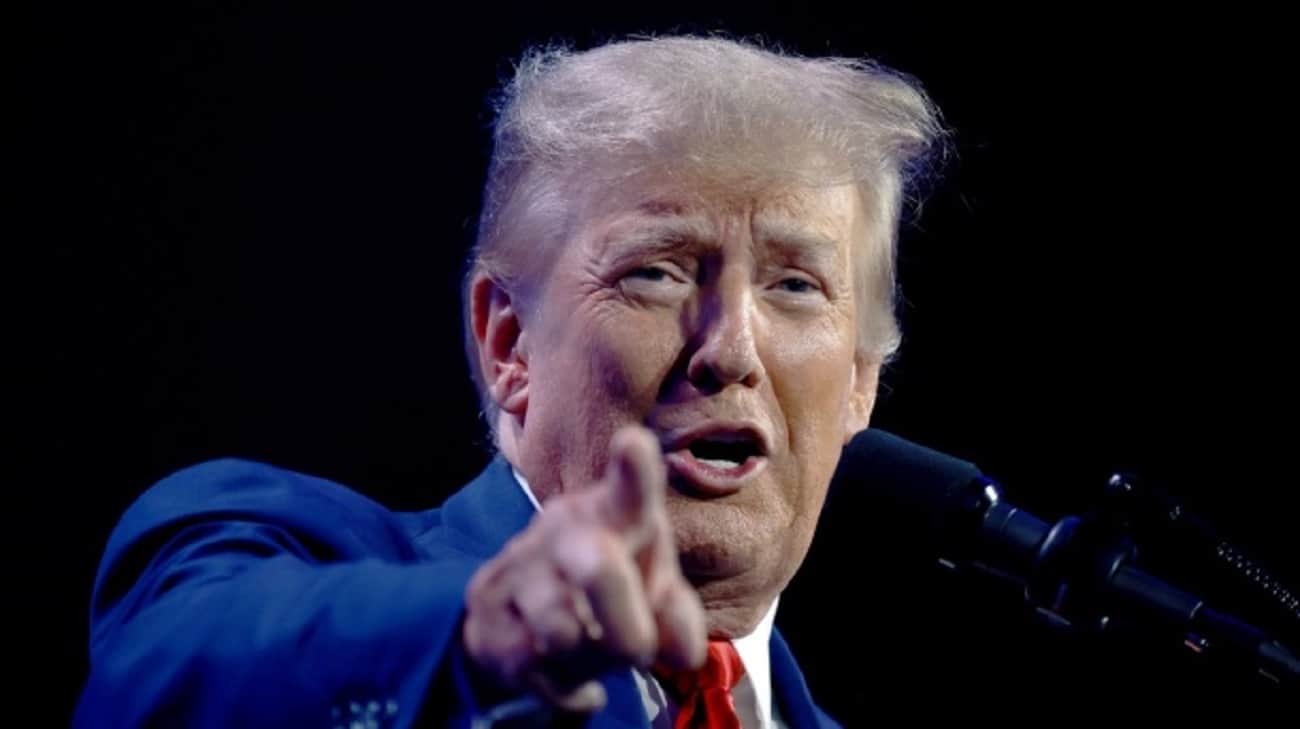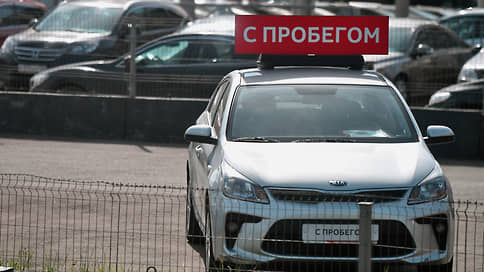25 failures: why Kosovo got into an acute political crisis and what is threatening

Parliamentary elections in a partially recognized republic of Kosovo took place on February 9. And on June 2, the failure ended another-the 25th-an attempt to form a new government.
For the fourth month, parliamentarians have been going to the next parliamentary session every 48 hours, but they cannot agree and choose either the speaker nor the new government.
Therefore, the youngest country of Europe is in a difficult political crisis, which is not visible yet.
And most importantly, the current crisis only exacerbates and so unprecedented challenges facing the country.
The non -rebellious crisis
The last parliamentary elections have brought the victory of the Self-Determination Party, which is the leader of the current Prime Minister Albin Kurty. However, the good news for the head of the Kosovo government is over.
His party showed a worse result, receiving only 48 seats – 10 less than the results of the previous election.
This is clearly not enough to form a majority in the 120-seater Kosovo parliament. It remains to look for partners to create a coalition, but it was not easy.
The problems have already begun when choosing a new speaker.
Only the deputies of this political force, as well as several representatives from national parties, were proposed by « self -determination ».
Instead, deputies from the Democratic Party, the Democratic Union and the Alliance for the future of Kosovo, as well as a number of representatives of national minorities (they have a fixed 20 seats) openly ignore their duties and block parliament.
For example, during the last, 23rd meeting on May 29, 111 deputies were present in the hall, of which only 56 were attended by voting.
The deputies are not involved in parliamentary meetings and neglect of their duties have caused an increase in dissatisfaction in society.
On May 27, on the day of the 22nd meeting, protesters « built » a kind of layout of the parliamentary hall in front of parliament and decorated it with a series of posters: « Enough! »
However, there is a significant guilt in the current crisis on the Kurty party. There, they openly ignore the dialogue with the opposition and even refuse to offer another candidacy for the post of speaker.
The political crisis already has its consequences. In particular, the European Union has suspended the payment of the first tranche of 61 million euros from a package of assistance for 880 million euros, intended for the development of infrastructure, health care and green energy.
Experts warn that daily loss for the country’s economy because of this situation is about 3 million euros.
In early May, the EU began to partially lift sanctions imposed in 2023, but now it cannot be excluded that this process may also be suspended.
And the Kosovo course for entry into the European Union (Pasteta has applied for admission on December 15, 2022), which became a strategic purpose, is slowing down. And the main reason is the lack of functional state institutions that can and are able to carry out European integration reforms.
The high EU representative in Kai Callas Foreign Affairs, who was in Kosovo on May 22, indicated the newly elected deputies that there were no short ways to membership in the EU. This path goes through comprehensive reform of the state. That is why all parties should « stop the political blockade » and form a new government as soon as possible, she stressed.
However, neither the EU calls nor the street protests were heard.
Either Kurty or no one?
The key cause of the current crisis – the opposition requires the removal of the Kurti from power, but instead it is not capable of forming its government.
How did it happen? First of all, it is worth clarifying that Albin Kurty and his party are representatives of a new wave of Kosovo politicians who have replaced independence politicians and have achieved its recognition by the leading Western countries.
But at the same time – the cost of this recognition were considerable concessions for the Serbian community, taken under pressure from the event.
And these concessions were sharply criticized by Kurty and his like -minded people – as they make it impossible for the country’s normal development. And they are right – the desire to « settle » the issue with the Serbian minority led to the existence of parallel authorities in municipalities, where ethnic Serbs live (first of all – in the north of the country).
Such a radical course is unacceptable to the opposition, because for the return of the country to the northern country, Kurty’s paste went to unprecedented exacerbation of relations with the EU and even with the United States.
After all, such a course of paste on Kosovo imposed sanctions of the EU (albeit weakest), whereas Serbia is not. And in the face of increasing security risks, fears in opposition,
The lack of good relations with the event can be expensive.
However, at the same time, the opposition is not able to form its government, since 10 seats are guaranteed by representatives of the Serbian minority. Most of these mandates belong to the Serbian List Party, which is directly related to the Serbian Progressive President Alexandar Vuchich.
The chances that these deputies will agree to enter the Kosovo government-both under the leadership of Kurt and any representative of the opposition-almost zero.
At least until they get the dweller for such a step from Vicich. And he is not interested in entering the « subsidiary » party in the Kosovo government. For President of Serbia, it is much more profitable to deepen the political crisis in the Kosovo and the opportunity to make statements about discrimination against ethnic Serbs there.
The situation can be resolved by President Vios Osmani, who has the authority to dissolve the parliament and appoint new elections.
However, she is trying to avoid this step. It is unknown whether or not early elections will only deepen the crisis.
Kosovo before great trials
The political crisis only deepens the difficult situation of Kosovo.
The population of the country has decreased from about 2.0 million to 1.6 million over the 13 years of independence, and labor emigration was the main reason. About a third of the people born in Kosovo live abroad, which brought the country to the leadership group in terms of emigration in the world.
Although the country’s economy is gradually developing, demonstrating good results, much of the population lives on the verge of poverty.
Corruption, organized crime, drug trafficking remains one of the most « profitable » businesses in the country, which generate billions of income to participants in these criminal transactions.
And Kosovo has turned into a kind of hub for similar goods from Asia and Latin America to Europe.
The mentioned challenges of Kosovo can only overcome through the European Union.
However, the main challenge for Paste on the way to the European Union remains the normalization of relations with Serbia through the restoration of the negotiation process.
These negotiations were suspended after the invasion of Serbian terrorists into the Bansk village in Kosovo in 2023. The participants of the attack fled to Serbia and were never issued by Kosovo authorities.
And the « soft » reaction of Brussels to the attack, which Prishtyn called an attempt to annexation of part of the state, annoys the Prime Minister Kosovo, who does not agree to the restoration of negotiations with Serbia.
Moreover, Serbia’s Parliament discusses laws that can be evaluated as an attempt to intervene in Kosovo’s internal affairs. Among them, in particular, the project of Kosovo’s law « special social protection zone » that violates Belgrade’s obligation.
In turn, the Serbian side refuses to restore the dialogue, as Kurty rejects the requirement to form the Association of Serbian municipalities in northern Kosovo, the majority of whose population is inhabited by Serbs.
The Kosovo Prime Minister, despite the 2013 bilateral agreements on the establishment of the Association, categorically rejects the old conditions for resolving the issue. He believes that this will lead to the emergence of territorial formation in the Kosov, like the Republic of Serbian in running – controlled from Belgrade, destabilizing Kosovo from the inside and threatening secession.
AND After the attack on the Bansk The Kosovo authorities began to order in the north of the country, closing the parallel Serbian local authorities and banks.
It is significant that such steps cause harsh criticism not only by official Belgrade, but, oddly enough, from the EU. Yes, being in the pierce, Kai Callas stated that these
Kosovo’s steps « undermine the efforts on de -escalation. »
Among the challenges that the newly elected MPs will meet is another Richard Grenell, a former US special representative in the dialogue on normalization between Kosovo and Serbia.
Granell remains close to President Donald Trump and at the same time has friendly relations with Serbian President Vuchich, supporting him on many questions about Kosovo. It also helps the son of the US President to resolve business issues in Serbia.
After Trump came to power, Grenell posted on the network X post, which he accused Kosovo’s power of unwillingness to restore negotiations with Serbia, and at the same time – argued that the political party in Washington did not support the cosacles, and Donald Trump did not trust and trust Albina Kurty personally.
As we can see, Kosovo’s future government has very big problems and challenges.
However, when Kosovo receives this government is unknown.
Author: Vladimir Tsyblnik,
Candidate of Historical Sciences, Western Balkan expert
If you notice an error, select the required text and press Ctrl + Enter to inform the editorial staff.







